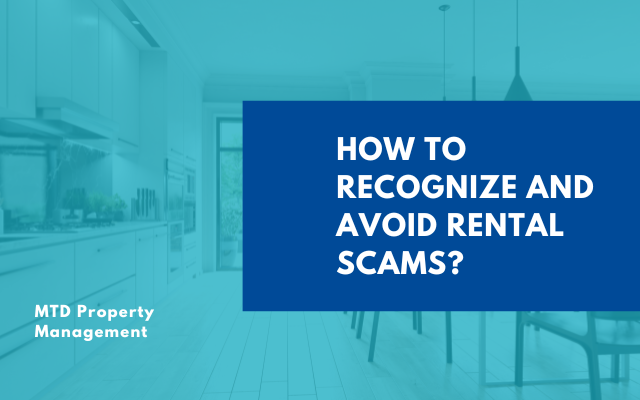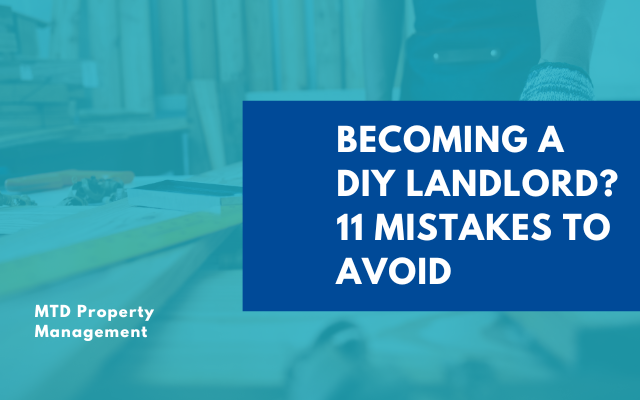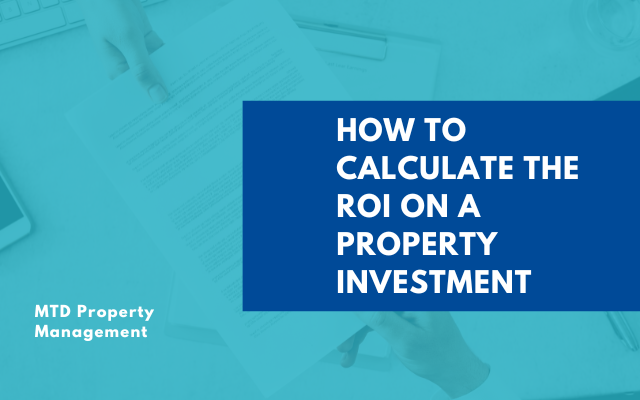
Are you a rental property owner tired of the constant threat of rental scams in the market? It's natural to feel wary of fraudulent schemes targeting your properties. In today's dynamic rental landscape, recognizing and avoiding rental scams is important to safeguarding your assets and maintaining trust with tenants.
From sophisticated online ploys to deceptive in-person tactics, the world of rental scams can be intricate and daunting. But fear not! By equipping yourself with knowledge and staying vigilant, you can navigate through potential pitfalls and protect your rental properties from falling victim to scams.
Let's delve into the essential strategies for identifying and steering clear of rental scams, ensuring peace of mind and security in your rental ventures. Keep reading this article to learn more
Misuse of Property Ads and Photos by Scammers
Imagine logging onto a rental website only to discover your property listing, complete with authentic photos, used by scammers to deceive unsuspecting tenants. It's a nightmare scenario for any rental property owner. From cozy apartments to spacious homes, scammers exploit your listings to lure in tenants with enticing offers, posing a significant threat to your reputation and the safety of prospective renters.

Scammers Soliciting Payments from Landlords
The alarming reality for rental property owners is scammers posing as legitimate landlords, demanding deposits or upfront payments from eager tenants who believe they've found their ideal rental. As a property owner, discovering that individuals have been duped into transferring money to fraudulent accounts can lead to legal hassles and tarnish your credibility in the rental market.
Landlords' Discovery of Rental Scams
Whether it's through tenant complaints or personal investigation, realizing that unsuspecting individuals have fallen victim to fraudulent schemes can be disheartening and frustrating for rental property owners. It's a wake-up call to tighten security measures and implement preventive strategies to avoid such incidents in the future.
5 Tips For Landlords To Prevent Tenants Being Scammed
Here are five essential tips for landlords to prevent tenants from falling victim to rental scams:
Verify Tenant Identities and Backgrounds
Before finalizing any rental agreement, conduct thorough background checks and verify the identities of potential tenants. Request official identification documents, employment verification, and previous rental history to ensure authenticity and reliability.
Use Secure Platforms for Listing

Opt for reputable rental listing platforms that offer robust security measures to safeguard property information and prevent unauthorized access. Choose platforms with verification processes for both landlords and tenants, reducing the risk of fraudulent activity.
Educate Prospective Tenants
Provide clear guidance to prospective tenants on recognizing and avoiding rental scams. Offer educational materials, such as brochures or online resources, highlighting common scam tactics and emphasizing the importance of caution when dealing with rental transactions.
Establish Secure Payment Methods
Implement secure payment methods for rental transactions, such as direct bank transfers or certified checks. Discourage cash payments and advise tenants to avoid wire transfers or payments to unfamiliar accounts to minimize the risk of financial fraud.
Maintain Open Communication Channels
Foster transparent communication channels with tenants to address any concerns or suspicions regarding rental transactions promptly. Encourage tenants to report any suspicious activity or unauthorized use of property listings, allowing landlords to take swift action and prevent potential scams.
Warning Signs of Online Rental Scams
Here are detailed explanations of the warning signs of an online rental scam:
Unrealistically Low Rent Prices
If the advertised rent price seems too good to be true compared to similar properties in the neighborhood, it could be a red flag. Scammers often use unrealistically low prices to attract attention and lure unsuspecting renters into their fraudulent schemes.
Unavailability of Landlord for Unit Showings

Legitimate landlords typically make themselves available to show the rental property to prospective tenants. If the landlord claims to be unavailable or provides excuses for not showing the unit in person, it could indicate a potential scam. The lack of access to the property raises doubts about the authenticity of the listing.
Demands for Excessive Upfront Payments
Beware of landlords or individuals who demand a substantial upfront payment or security deposit before allowing tenants to view the property or sign a lease agreement. Scammers often use pressure tactics to rush tenants into making payments without proper verification or viewing of the rental unit.
Request for Unreasonable Personal or Financial Information
Be cautious if the landlord requests sensitive personal or financial information, such as Social Security numbers, bank account details, or copies of identification documents, without valid reasons or proper verification procedures. Providing such information to unknown parties can put tenants at risk of identity theft or financial fraud.
Protecting Property from Scammers: Landlord Strategies
Landlords can take several proactive steps to protect their property from scammers:
- Screen Potential Tenants Thoroughly: Conduct comprehensive background checks on prospective tenants to verify their identities, employment history, creditworthiness, and rental references. This helps ensure that tenants are trustworthy and financially stable, reducing the risk of rental scams.
- Use Secure Rental Listing Platforms: Opt for reputable online rental listing platforms with built-in security features and verification processes for both landlords and tenants. Choose platforms that prioritize user privacy and offer safeguards against fraudulent activity, such as identity verification and secure payment processing.
- Be Wary of Unsolicited Offers and Inquiries: Exercise caution when receiving unsolicited rental inquiries or offers that seem too good to be true. Scrutinize potential tenants' communication and behavior for any signs of suspicious or fraudulent intent, such as reluctance to provide personal information or insistence on expedited transactions.
- Educate Tenants About Rental Scams: Provide tenants with educational resources and guidance on recognizing and avoiding rental scams. Share information about common scam tactics, warning signs to look out for, and steps to take if they encounter suspicious activity or fraudulent behavior during their rental search.
Bottom Line
In conclusion, navigating the rental market requires vigilance and awareness to recognize and evade potential scams. By understanding the warning signs, such as the misuse of property ads, solicitation of payments, and the discovery of fraudulent activities, landlords can protect themselves and their tenants from falling victim to rental scams.
While remaining cautious and implementing preventive measures are crucial, seeking professional assistance from reputable property management companies like
MTD Property Management can offer added layers of security and expertise in handling rental affairs.









